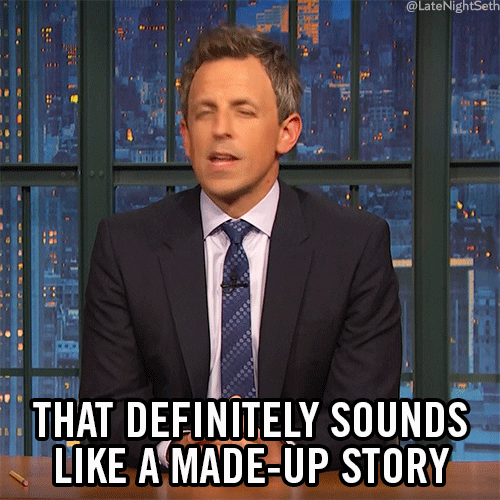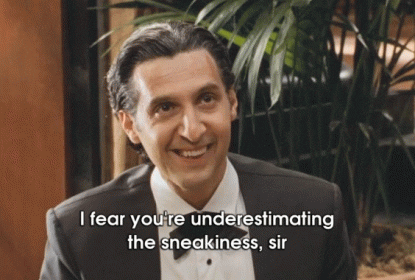Follow the money. Or how Open Source Intelligence is revealing opaque financial dealings in world football.
Sports technology industry insights, news, and analysis. Brought to you by STWS.
Welcome back to Sports Tech Feed! We spoke with award-winning investigative journalist Jack Kerr about his work using data and analytics to uncover some of the financial dealings of the biggest football clubs. We also look at what sports can learn from the world’s largest tech innovation festival: SXSW 2023.
Using data analysis to shine a light
Jack Kerr is an award-winning investigative journalist who has reported for The New York Times, The Guardian, Der Spiegel and ESPN, produced front-page investigations for The Age and had his work featured in Interpol briefings and academic papers.
He was recently part of an open-source intelligence (OSINT) investigation into 8XBet, the Thai, Indonesian and Vietnamese-facing operation that Manchester City recently announced as its Asian betting partner.
It reads like a mystery novel: a founder who doesn’t seem to exist online; a CEO appearing to hide behind a stolen avatar; one of the world’s biggest football teams; international business locations; a backstory that doesn’t align with publicly available records; a ghostly presence on social media.
But first, what exactly is OSINT?
OSINT (open-source intelligence) is a branch of intelligence or investigation that analyzes data and information about people or organizations from sources available to the public. For example:
Traditional media (print newspapers, magazines, radio, and television)
Internet (online publications, blogs, discussion groups, YouTube, and other social media websites)
Public government data (government reports, budgets, hearings, press conferences)
Professional and academic publications (journals, conferences, academic papers, dissertations)
Commercial data (annual reports, stock filings, bankruptcy proceedings, sports betting odds).
An example of an OSINT Framework and the tools available:
OSINT in action - Data mining betting odds & facial recognition
A 2016 investigation by BuzzFeedNews and the BBC revealed evidence of widespread match-fixing by players at the upper level of world tennis.
By crunching data from 26,000 matches and mining them for irregularities—in other words, looking for instances where players regularly lost matches the stats said they likely should have won—reporters were able to expose what match-fixers had wanted to keep hidden: the throwing of a game, a set, a match.
In the case of 8xbet, Jack and his colleagues used facial recognition software to identify various people supposedly involved in the company after they signed the major sponsorship deal with Manchester City.
A deleted LinkedIn account for Trịnh Thu Trang claimed that she was the bookmaker’s CEO. But her profile picture is the same picture used in an advertisement for an “Employee of the month photo frame” by lazerdesigns, a company selling all sorts of gifts based in Broomfield, Colorado. Yours for $44.99 US dollars…
This doesn’t exactly give a huge amount of confidence in the legitimacy of 8xbet as a business and begs the question of how can they afford to partner with one of the biggest football clubs in the world? And secondly, why would they want to?
Ghost Games & Russian Cricket Leagues
As Jack explains, at one of the end spectrum there are illegal or unregulated sports betting companies that will set up shell companies to form sponsorships with teams and leagues to drive exposure and traffic to their services. Often illegal sports betting is involved in other illegal elements including serious organized crime.
This was highlighted by the emergence of “Ghost Games” during the pandemic. These are completely fabricated games and leagues set up purely to be bet on (also see Jack’s explanation of why there are amateur cricket leagues in Russia and Belarus).
Obviously, anything involving support for organized crime should be stamped out, but also it appears these are more isolated cases. Jack Kerr and STWS are not suggesting or insinuating that City Group is involved in anything illegal of this nature.
Football shades of grey
At the other end of the spectrum, it’s a little greyer where some rules are being bent (or broken) but nothing “illegal” is happening per se. These opaque sponsorship deals can be used to circumvent financial fair play laws by ownership or other vested interests. See also: short-term incentives of sponsorship sales vs. long-term brand value.
Again we are not suggesting or insinuating that City Group is involved in anything of this nature. Manchester City is currently involved in a separate investigation by the Premier League into breaches of financial fair play rules, which will run its course.
Why should we care? Or, should we care at all?
So what’s the issue here? If individuals, companies, or sovereign states are happy to part with their $$$ to be involved in a sports team (without breaking the law), then shouldn’t we welcome that financial boost to the industry? Especially if your club is the one benefitting?
Apart from notions of fairness and equality in sports, this influx of unregulated money into a handful of teams creates a lopsided competition that can affect its long-term financial viability.
Especially in a league such as the Premier League with promotion/relegation (and all the risk/reward it brings), an unfair financial advantage off-the-field has very immediate impacts on-the-field, which in turn affects the overall fortunes of the club.
The gulf between the haves and have-nots in sports is also being exacerbated by the raising of interest rates and the end of “cheap” money. We’ll be diving into that in more detail over the coming months.
Listen to the full conversation with Jack Kerr via your podcast platform of choice by searching Sports Tech Feed.
What we’re reading: What sports can learn from SXSW 2023? (SportsPro Media)
Yours truly giving an update on what’s next at the intersection of technology and sports from the world’s largest innovation festival held annually here in Austin, Texas
AI is not the new NFT – Focus on Immersive Experiences
I came into the festival expecting Generative AI to be this year’s NFT/Crypto (i.e., absolutely everywhere but a mixed bag of how meaningful or applied any of it is).
However, I was pleasantly surprised to see that one of the main discussion themes was on “immersive experiences”, both within sports but more broadly across the entertainment industry.
Richard Ayers, the architect of City Group’s innovation department and Founder of Seven League, whipped attendees into a rallying call and response chant of “F#@K” “FANS” during his session on “Sport and Immersive: The Past and Future of Fan Engagement Starring Muhammad Ali”. We look forward to having Richard join us on Sports Tech Feed soon to unpack that beyond the chant!












